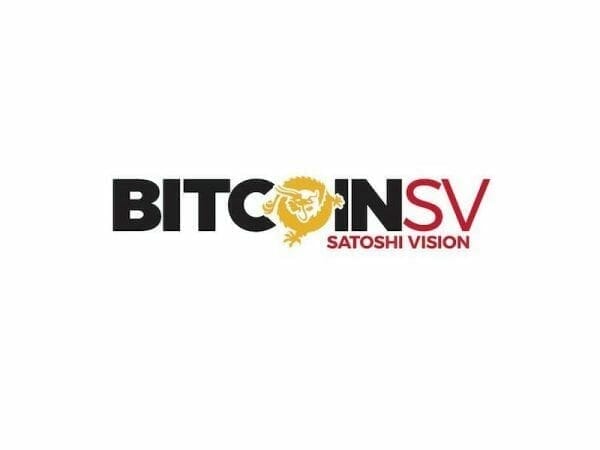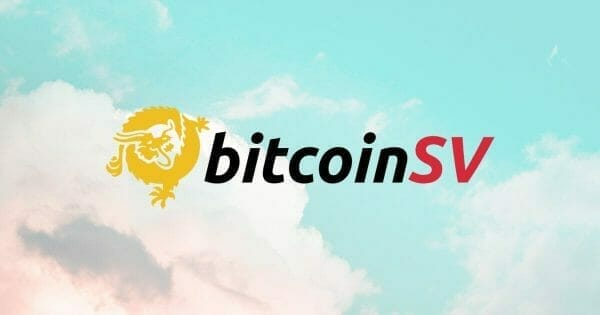Bitcoin Satoshi’s Vision (BSV) was created out of the hard fork of Bitcoin Cash (BCH) in mid-November of 2018. The impetus for the fork was that a segment of the BCH ecosystem wanted to increase the block size and make it faster, as well as limit potential smart contract features. This could allow individuals and companies to come on board and use the ecosystem to perform their business. BSV could be used as a source of microtransactions on the blockchain because of its supposed superior scaling, and also as a source of smart contracts between firms.
As with all blockchain technology, though, the problem has been scaling. Every transaction taking place on the blockchain needs to be independently verified by each member in the standard proof of work format, and the first company to speed up the process would effectively gather first mover status.
So in early June, when the BSV blockchain processed two of its largest data transactions ever, at 5.8MB and 9.74MB, respectively, Taal Distributed Information Technologies (TAAL.C) saw the potential demand growth and market engagement opportunities for large data transactions. To meet this demand, the company increased their blockchain support by increasing the data size of transactions that Taal clients could send instantly via their application programming interface (API). Single transactions can scale with business and enterprise adoption and demand, which support Taal’s five year plan of onboard companies to take advantage of this change.
“We’re seeing a growing demand from businesses looking to process large transactions, and we’ve taken steps to meet that demand by increasing our ability to handle higher volumes of data. Previously, transaction scale was limited by the amount of data that single transactions could hold. Now, Taal can compete and outperform networks while maintaining cost-effective economies of scale for our clients,” said Jerry D. Chan, CEO of Taal.
Taal themselves processed and confirmed a 309MB block containing 1.1 million transactions on May 12, 2020. Then on May 16th, they did it again, pushing through a 369MB block with 1.3 million transactions. Processing and confirming these blocks showed Taal’s infrastructure and the BSV blockchain can handle the large numbers of transactions in single blocks, which represent the equivalent of approximately 2,150 transactions per second.
Before this, we have the average blockchain (okay, we’re talking about Bitcoin here) offering transaction speeds of 3.3 to 7 transactions to seven, so jacking up into the thousands is a considerable development, but let’s be clear about something—this is a development and not a game-changer. BSV isn’t going to be disrupting Visa and Mastercard’s hegemony over transaction speed anytime soon. Blockchain in general still has a long way to go to get caught up to Visa’s 65,000 transactions per second. The fabulous superbly scaling fintech companies have been trying to unload onto the market isn’t quite so fabulous or superbly scaling. At least not yet.
But fintech isn’t everything and there are plenty of opportunities unlocked by this development.
Taal’s upgrade to 10MB for individual transactions promotes new blockchain-base data processing, storage and retrieval solutions to be developed on BSV. The transaction size upgrade goes towards Taal’s focus on producing value-added blockchain services. High volumes of data in the form of transactions can be processed and guaranteed through service level agreements, but also with scaleability with fewer limitations and restrictions. The company is investing in infrastructure on the BSV blockchain as it’s the only public blockchain platform that scales enough to allow enterprise applications development.
—Joseph Morton







